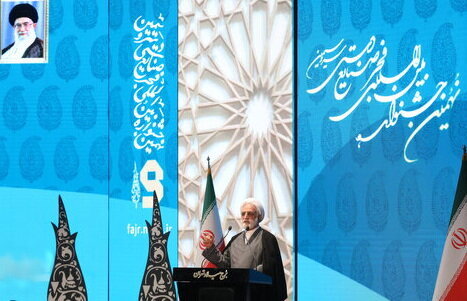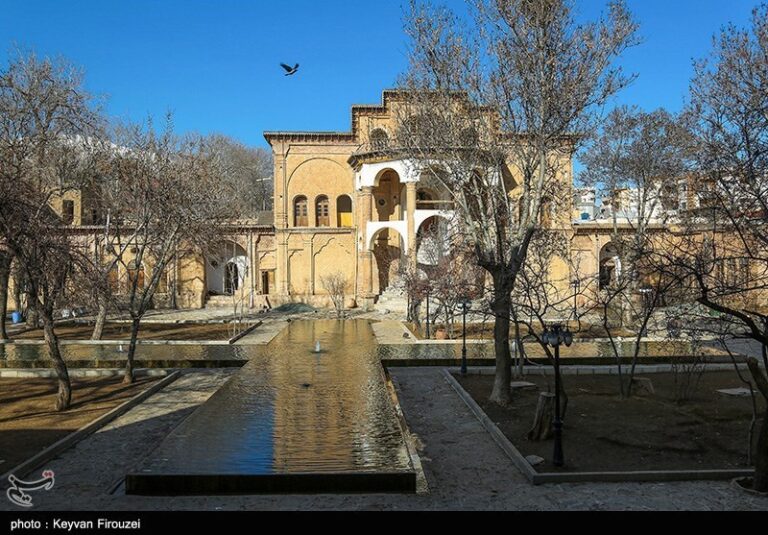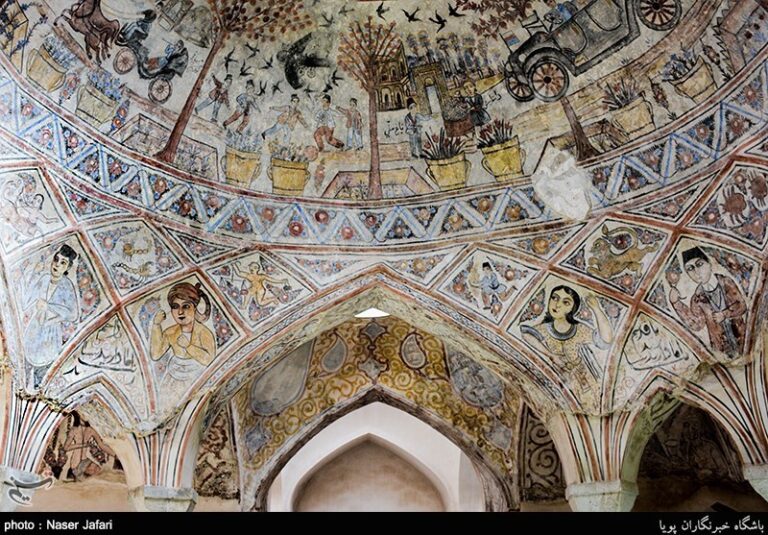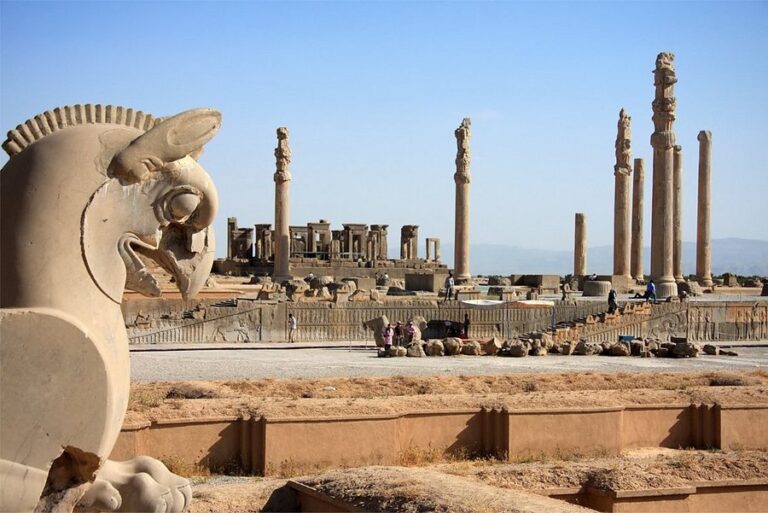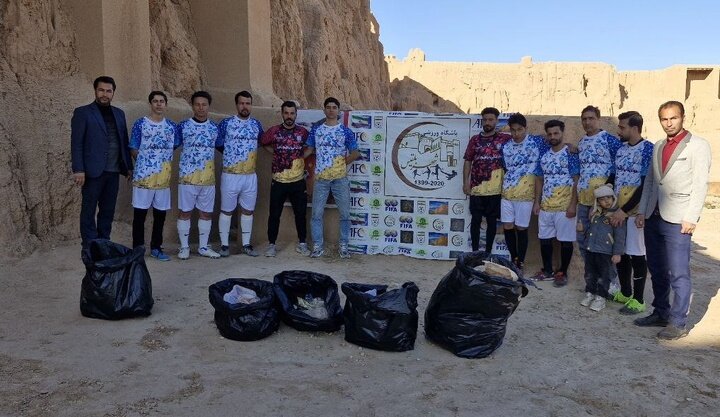Judiciary Chief Promises Comprehensive Legal Support for International Travelers
In a significant announcement during the closing ceremony of the 9th International Fajr Handicrafts Festival, Iran’s Judiciary Chief, Gholamhossein Mohseni-Ejei, reiterated the nation’s dedication to addressing the legal needs of foreign tourists. This commitment is especially vital as the festival, held at Tehran’s iconic Milad Tower, highlighted the richness of Iran’s intangible cultural heritage and the vital role of handicrafts in the nation’s economy.
Mohseni-Ejei emphasized the importance of cultural heritage and handicrafts in fortifying Iran’s civilization. He stressed that officials should prioritize listening to the public’s concerns, stating, “As officials, we need to listen more than we speak. Understanding the challenges and potential of our people allows us to better fulfill our responsibilities.”
Key points discussed by Mohseni-Ejei included:
- The Role of Women: He acknowledged the significant contributions of Iranian women to both the cultural and economic spheres, advocating for greater recognition of their talents.
- Preservation of Cultural Artifacts: The judiciary chief highlighted the necessity of promoting Iran’s cultural and historical legacy. He called for enhanced efforts to protect the country’s one million cultural and historical artifacts, ensuring that future generations can take pride in their heritage.
- Tourism as an Economic Driver: Mohseni-Ejei recognized tourism as a key sector for economic growth, stating that it generates revenue and sustainable job opportunities. He remarked, “Tourism plays a crucial role in strengthening our economy and increasing foreign exchange reserves,” while emphasizing the need to balance tourism development with the preservation of Iran’s cultural and religious values.
- Social Stability: He mentioned that a flourishing tourism and handicraft industry could alleviate social challenges by creating employment opportunities. “A thriving tourism and handicrafts sector not only boosts the economy but also contributes to social stability,” he added.
Addressing the issue of anti-Iran propaganda propagated by some Western media, Mohseni-Ejei stated that the tourism sector could be a powerful tool to counter negative narratives about Iran. He asserted, “The more foreign tourists visit Iran, the more we can counter anti-Iran propaganda and Iranophobia.”
Furthermore, he emphasized the Judiciary’s support for the tourism industry, promising to collaborate with the Ministry of Cultural Heritage, Tourism, and Handicrafts to eliminate legal barriers and enhance the tourist experience. “We stand ready to collaborate in overcoming legal challenges faced by the tourism sector and ensuring stronger protections for Iran’s cultural heritage,” he stated.
To address legal concerns faced by foreign tourists, Mohseni-Ejei assured that the Judiciary is equipped to assist in resolving these issues. “A foreign tourist entering our country may not be familiar with Iranian laws and social norms. We are prepared to work with the relevant ministry to address their legal concerns,” he explained.
He further emphasized the need for educating visitors about Iran’s legal framework, which would help prevent misunderstandings and ensure a more seamless experience. In addition, he expressed the Judiciary’s commitment to enhancing security measures for foreign visitors, ensuring their safety while exploring the country.
The 9th International Fajr Handicrafts Festival served as a platform for artisans, cultural figures, and officials to come together and celebrate the importance of Iran’s handicrafts industry in both cultural and economic contexts. This gathering not only showcased the country’s artistic talents but also reaffirmed Iran’s commitment to integrating tourism with cultural preservation.
In conclusion, Mohseni-Ejei’s remarks during the festival highlight the Iranian government’s ongoing efforts to promote tourism while safeguarding the nation’s rich cultural heritage. The focus on enhancing the experience for foreign tourists, coupled with the emphasis on women’s contributions and the preservation of cultural artifacts, showcases a holistic approach to developing Iran’s tourism sector in a way that respects and honors its traditions.
